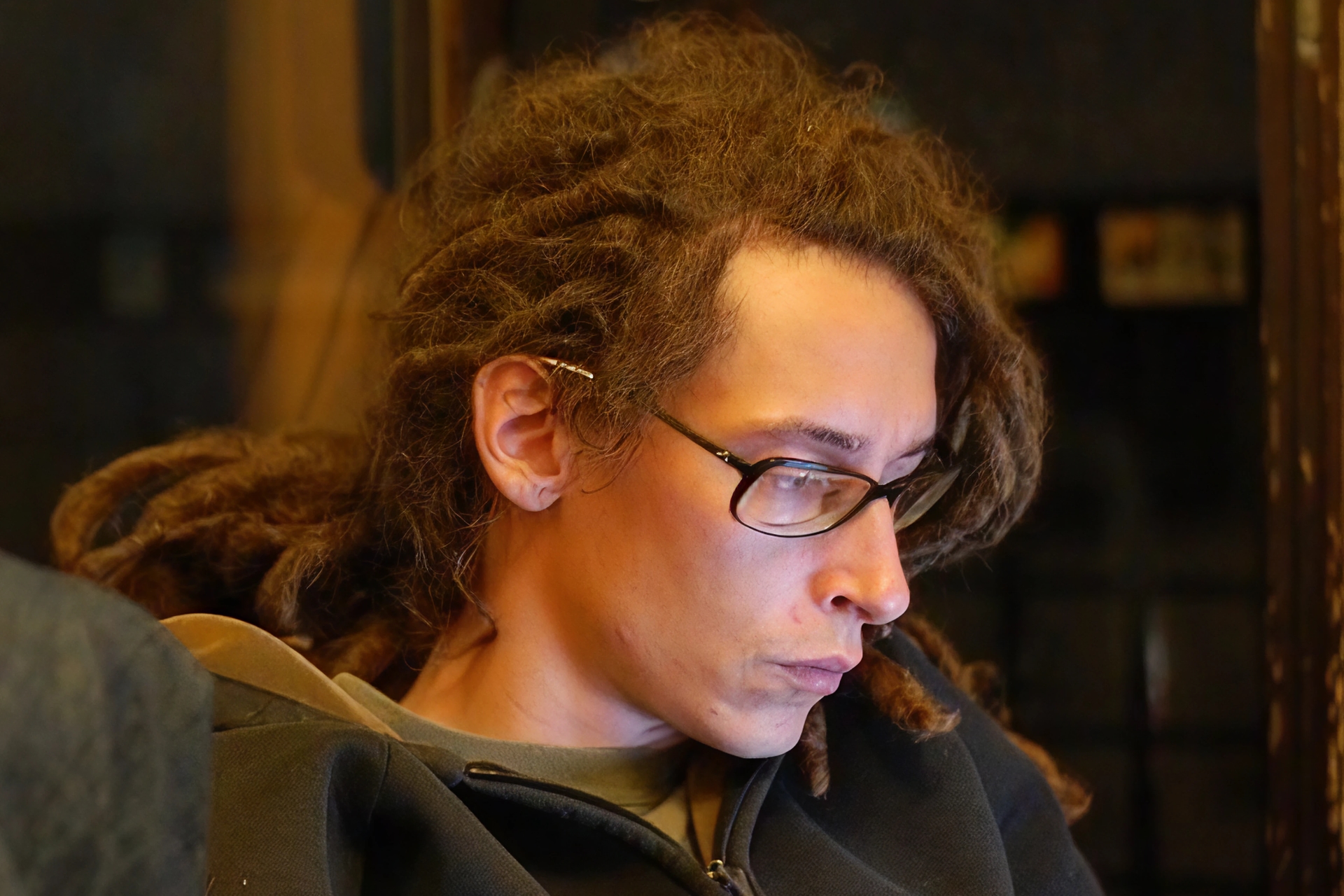In an age of hyperconnectivity, few roles are more paradoxical than that of a community manager. Tasked with cultivating online spaces that feel human, warm, and cohesive, they must also fend off trolls, speculators, bots, and burnout. In his conversation with Ensoul’s Diary, community expert Rok Gorjan offers more than an introduction to the mechanics of digital community-building—he opens a door into the emotional and psychological underworld of a profession that demands infinite empathy in a world of finite mental resources.
Rok Gorjan, based in Ljubljana, has turned his passion for human connection into a craft. From his early days managing reggae enthusiasts to now orchestrating vast Web3 communities—at one point moderating a Discord server with 2.5 million users—Gorjan embodies the transition from subcultural passion to high-stakes digital architecture. But his story is not just about scale and strategy. It’s about the cost of connection.
“My worst scenario is to run a large server which is quiet,” he says. This isn’t just a fear of failure. It’s a fear of emptiness in a space designed to pulse with life.
In Rok’s world, moderation isn’t just about silencing the bad actors. It’s about identifying personas, nurturing relationships, reading intent before it’s spoken aloud. “People don’t always have to relate to the project,” he observes. “But they have to relate to the moderator, or they are gone.” His work hinges on emotional intelligence, cultural fluency, and an ever-vigilant sense of safety—because in Web3, security isn’t metaphorical. “Once you get hacked or lose control in any other way, a lot of trust just evaporates instantly.”
Yet even as he builds these safe, scalable ecosystems, Rok found himself quietly burning out—an experience he didn’t see coming until his body gave out. The community manager, ever-present and online, often ignores their own needs. And when the crash comes, it’s brutal.
He describes a year of symptoms: twitching muscles, crippling vertigo, days-long headaches, and the quiet terror of Googling oneself into imagined brain tumours. The diagnosis was clear: burnout. Not the kind romanticised in startup culture, but the medically recognized adrenal collapse that comes from working insane hours a week in a state of chronic stress.
There’s something deeply poetic, and equally wrong, in the idea that someone whose job is to foster belonging and human contact can end up isolated by their very success. “Because when you’re surrounded by 20 people that work 90 hours per week, you start to think it’s normal,” Rok reflects. And it is, in a way, the dark symmetry of today’s digital economy: the more connected we are, the more invisible the cost becomes.
But the truth is, digital communities rise or fall on the invisible scaffolding community managers construct. They are the firekeepers of digital culture, responsible not just for onboarding and engagement, but for protecting trust, reinforcing identity, and cultivating what Rok calls the “positive spirit” of a place.
And that positive spirit isn’t algorithmic. It’s relational.
This disconnect between emotional depth and surface metrics is what drives many community professionals to the brink. KPIs (Key Performance Indicators) reduce community health to numbers—retention, activity, engagement. But, as Rok points out, “I’d rather have a community of 3,000 engaged people than 300,000 where only 300 are active.” Unfortunately, the VCs and stakeholders who finance Web3 dreams often think otherwise.
What’s striking about Rok’s testimony is that even in a burnout spiral, he kept working. He didn’t disappear. Instead, he moved to the seaside, scaled back his hours, stayed transparent with his team, and started healing. But his recovery wasn’t just physical. It was philosophical. It required him to question everything—from his work ethic to his family boundaries to his own addiction to digital presence.
This reflection leads to another crucial insight: community managers don’t just build for others—they live in what they build. And when that digital habitat becomes toxic or all-consuming, they suffer first.
In today’s culture of hustle and hyper-growth, Rok’s story is a reminder that the people behind our screens—those “always on” moderators, community heads, and support managers—are not invincible. They are as human as the communities they serve.
Burnout is not just a personal failing or an isolated event. It’s a structural byproduct of systems that undervalue emotional labour, celebrate overwork, and ignore the cost of being constantly available.
As digital societies become more entrenched in our lives, the people who manage them are quietly shaping the future of how we relate to each other online. Let’s ensure that in doing so, they don’t lose themselves.
Rok Gorjan didn’t set out to be a community builder. But he’s become something of a philosopher of connection—a voice reminding us that communities, like people, are fragile. They grow when they are nurtured. And they fall apart when we assume they can run forever without rest.

